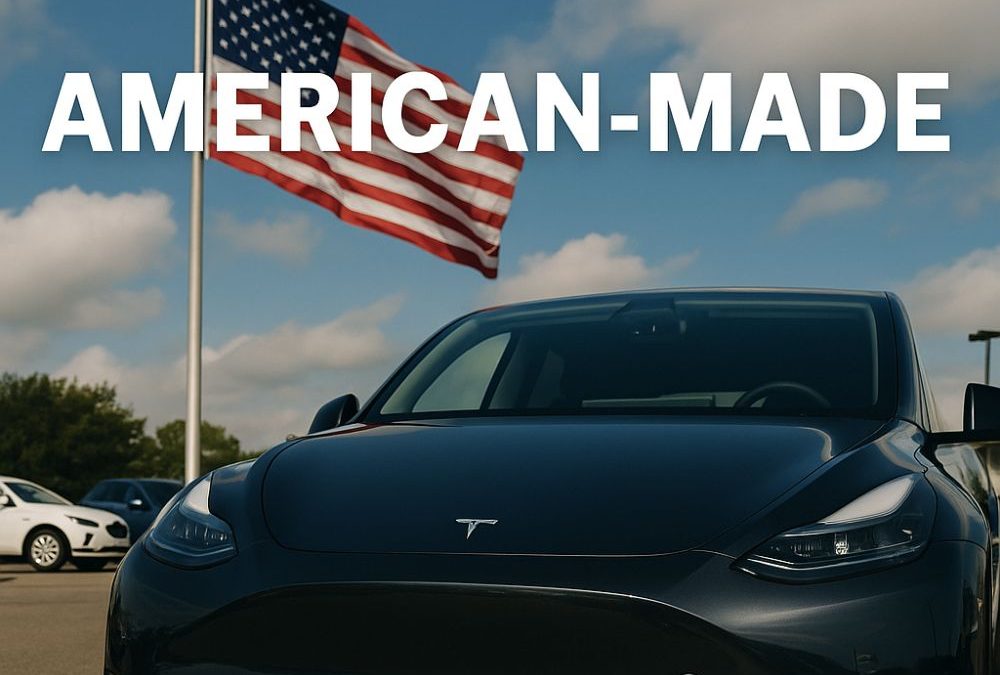It has been a wild roller coaster ride for used car prices. Prices heavily fluctuate since the economy grinds to a halt in 2020.
As pandemic restrictions loosen up, the secondhand market has found itself with exploding demand, causing prices to reach an all-time high. Between 2020 and 2021, used car prices skyrocketed by 52%, based on a 2022 iSeeCars’ study. It even reflects on records of VIN decoder tools, whose sales data are acquired from vehicle valuation companies. A combination of lockdowns easing up, resumption of travel and commuting, increasing need for cars, and limited supply of available cars can be blamed for the price hike.
Six months later, used car prices plunged by almost 9%. As the production of brand-new cars resumed, many drivers switched to new ones, and the number of people willing to settle for a high sticker price declined sharply. Many automakers also took a hit from economic disruptions, and from this, you have a clear picture of what is happening with used car prices.
In the space of six months, the average used car price dropped to around $1,500. Older vehicles were affected more so than younger ones. Edmunds claimed that certain cars reached a high depreciation rate of 15% in the same period.
Despite this, the inflation and shortages in critical vehicle components make the situation remain uncertain. There is no telling what lies ahead, but there are things you can do to reduce your financial burden.
Set a budget and make sure to stick to it. Estimate the total cost of the car, including taxes, title fees, registration costs, and any other fees associated with the purchase. Many VIN Lookups offer price-estimation services.
Shop around for the best deals. Research online, visit different dealerships, and compare prices.
Get a pre-purchase inspection. Have a trusted mechanic or auto professional inspect the car before you buy it so you know what you’re getting into.
Check the history of the car. Ask to see the vehicle history report to make sure the car hasn’t been in any major accidents or had any major engine or transmission repairs.
Negotiate the price. Don’t be afraid to haggle and negotiate the price, especially if you’re buying from a private party.
Consider extended warranties. If you are buying from a dealer, you may have the option to purchase an extended warranty, which could save you money in the long run.


